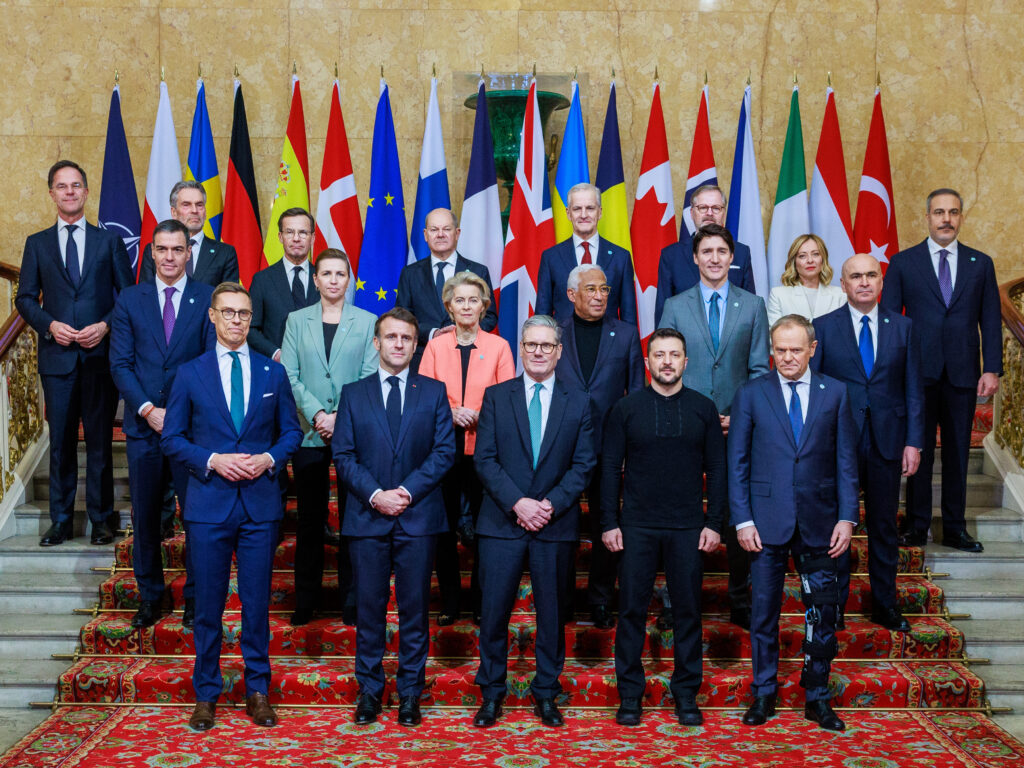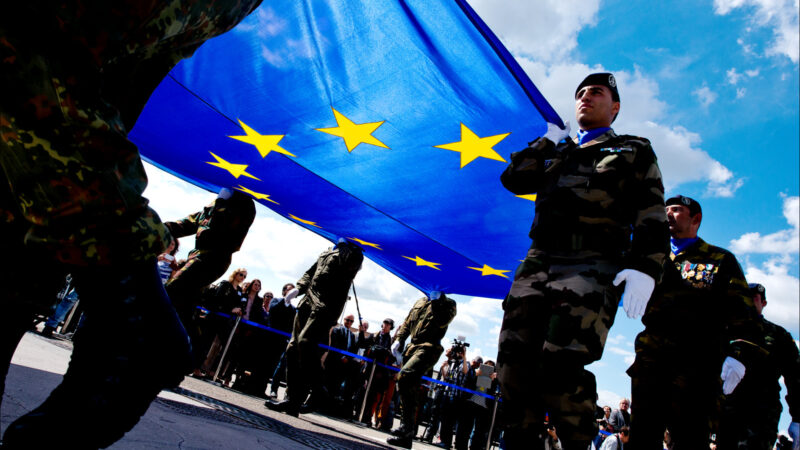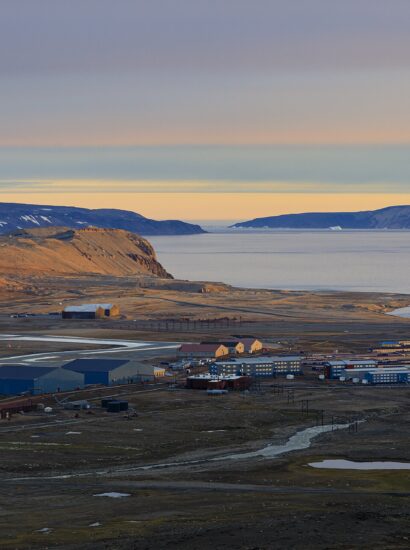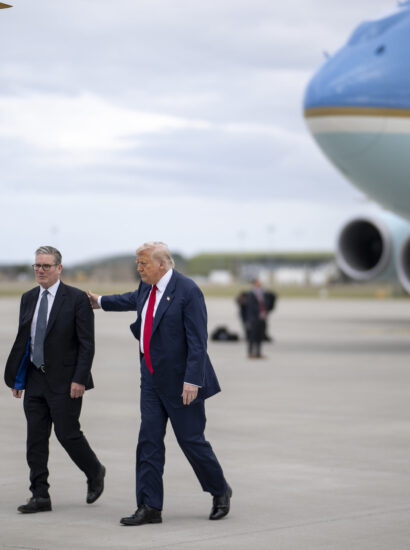European integration has been defined as an unprecedented example of cooperation among sovereign states with histories of imperialism and nationalism. Yet, the EU continues to function, and integration deepens. But there are still questionable areas of policymaking, like EU military policy.
In 1991, Belgium’s then-Foreign Affairs Minister, Mark Eyskens described the EU as an economic giant, a political dwarf, and a military worm. While much has changed since then, his statement stands: the EU continues to define world economics (in 2023, it held the third largest share of world GDP) and has expanded its political power through its institutions considerably.
But the balance of respecting Member State sovereignty and advocating further cooperation to strengthen the continent has choked the prospect of a military union.
The EU, despite its members’ tremendous collective defence spending, remains a military worm, powerless in comparison to giants. As such, it is easily squashed. The material armies, ammunition, and weaponry are clearly present to be effective as an EU unit too. They remain useless, however, so long as collaboration among states cannot be achieved.
Defining EU Power
Political researcher Ian Manners has defined the EU as a ‘normative’ power, valuing common ideology and legality over security-based concerns and influencing by example rather than leading through coercion. First an economic power, and as member states slowly but steadily integrated, a political power, the EU has defined itself as an example of liberal democratic success, embracing Manners’ ideas with mixed success in external policy.
Initially, the idea of ‘military Europe’ was a taboo; instead, Europe relied on a joint opposition of the USSR under U.S. leadership joining forces in NATO. The EU remained united based on ethics and values, leaving hard politics on a different stage with a larger power as an overseer. This allowed the EU members to remain on equal ground while presenting a united front without upsetting Eurosceptics.
Only Ukraine’s invasion and withdrawal of U.S. military aid could push the continent to stand on its own, with some Member States intent on collective militarisation. But despite all the military might, the EU will remain a worm militarily, weakened by its members’ differences in values, falling short in security policy as well as its traditional talents of “normative power.”
What EU Military? – Initiatives So Far
The Common Security and Defence Policy (CSDP) is the foundation of common EU security; it encompasses the many agencies and policies that come with military, foreign, and domestic security and even cybersecurity. In 2009, the European External Action Service (EEAS) came into being, tasked with handling crises outside the EU on the diplomatic field. A small military, under the name Battlegroups, was established but is “subject to a unanimous decision by the Council.”
The Security Compass, approved in 2022 when the Ukraine War began, initiates “an ambitious plan of action for strengthening the EU’s security and defence policy by 2030” but is far from a plan for a common army.
Coalition of the Willing – Filling the Gaps Between Alliances
The most pressing issue is Eurosceptic administrations (like in Hungary and Slovakia) barring other states from a set towards military integration by vetoing any attempt in the Council.
Representative for Foreign Affairs and Security Policy Kaja Kallas promoted the idea of the newly formed “coalition of the willing” as a bypass of unanimous vote in the EU Council.
This also opens the channel towards wider cooperation, alleviating pressure from the EU and allowing focus on individual states.
The Coalition defined itself as an alliance to broker a deal to be presented to Russia and the U.S. while creating a multinational peacekeeping force to maintain a potential ceasefire, willing to do what is necessary for Ukraine.

London Summit Participant on 2 March 2025. (Source: Wikimedia Commons/Christophe Licoppe)
While this could be a way toward an EU military, it could aggravate relations among EU members, with vetoers on borders of the Schengen Area as well as Ukraine – important in both economic and military aspects.
The functioning of a united army is also questioned; it would require centralised command, a common language among soldiers as well as leadership, domestic security transparency, and an agreement on the share of weapons and ammunition.
French President Emmanuel Macron has already suggested France be the bloc’s nuclear protector, but other forms of armament would be up for discussion.
As other Eastern European and fellow NATO member states now consider coordinating security policies without Hungary, and Slovakia’s coalition cannot seem to agree on support for Ukraine, a military shared outside of EU institutions might be the only viable path towards shared security without the U.S.







